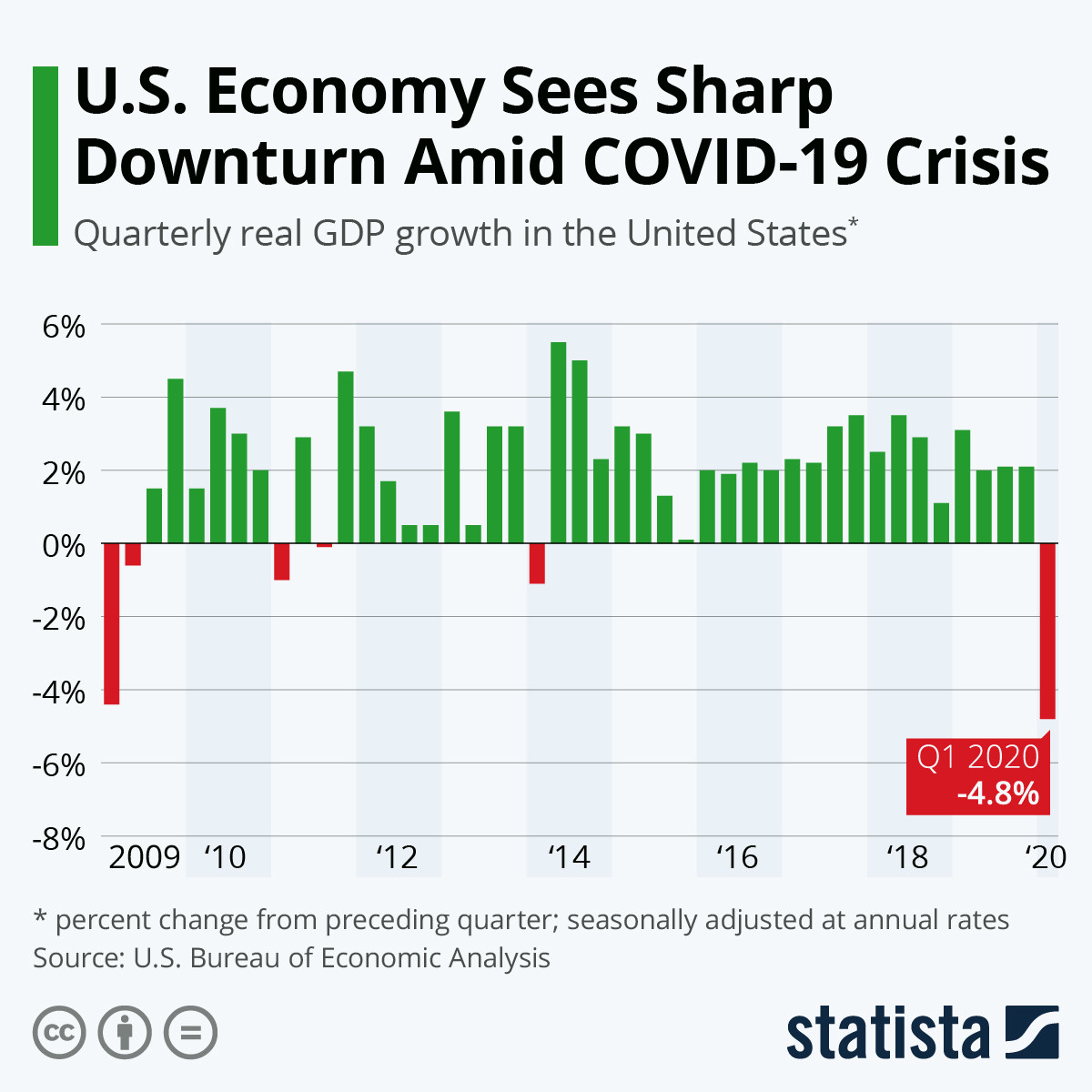The emergence of COVID-19 in late 2019 sent shockwaves across the globe, sparking fear, uncertainty, and unprecedented disruptions to daily life. As the virus rapidly spread, infecting millions and claiming lives, questions arose about the long-term consequences and whether this pandemic marked the beginning of the end of the world as we know it. In this article, we will explore the various dimensions of the COVID-19 pandemic and its potential implications on a global scale.
The Health Crisis:
The most immediate and visible impact of COVID-19 was the health crisis it triggered. Hospitals worldwide faced overwhelming challenges, with shortages of medical supplies, overwhelmed healthcare systems, and a scramble to develop effective treatments and vaccines. The toll on human life was devastating, leading many to question whether this pandemic signaled a turning point in our ability to control infectious diseases.
Economic Fallout:
Beyond the health implications, the pandemic wreaked havoc on the global economy. Lockdowns and social distancing measures brought industries to a standstill, leading to widespread unemployment, business closures, and financial instability. Governments implemented massive stimulus packages to mitigate the economic fallout, but concerns lingered about the long-term consequences, including a potential global recession and economic inequality.
Social and Behavioral Changes:
The pandemic prompted significant shifts in societal norms and behaviors. Remote work became the new normal for many, accelerating the adoption of digital technologies and changing the way we view the traditional workplace. Social distancing measures and lockdowns also impacted mental health, leading to increased stress, anxiety, and a reevaluation of priorities. The question arises: will these changes persist, reshaping our societies in lasting ways?
Environmental Impact:
Interestingly, amidst the chaos, the pandemic offered a glimpse into the positive environmental effects of reduced human activity. With fewer cars on the road and industrial activities curtailed, air and water quality improved in many regions. The question arises whether the pandemic could serve as a catalyst for a more sustainable and environmentally conscious future.
Global Cooperation and Geopolitical Shifts:
The response to COVID-19 underscored both the importance of global cooperation and the challenges of achieving it. Nations grappled with differing approaches to handling the crisis, revealing geopolitical tensions and a lack of unity in addressing a common threat. The question emerges: can the world come together to face global challenges, or will divisions and power struggles persist?
The Role of Science and Technology:
Advancements in science and technology played a crucial role in responding to the pandemic. The rapid development of vaccines showcased the potential for scientific innovation to address global crises. Will this experience lead to increased investment in research and development, and can technology continue to be a force for positive change in the face of future challenges?
Conclusion:
While the COVID-19 pandemic undeniably had profound and far-reaching effects, declaring it the “beginning of the end of the world” requires careful consideration. The world has faced and overcome numerous challenges throughout history, and the human spirit has proven resilient. The pandemic serves as a stark reminder of the interconnectedness of our globalized world and the need for collaboration and preparedness in the face of uncertain times. As we navigate the aftermath of COVID-19, the choices we make collectively will shape the future trajectory of our world.











